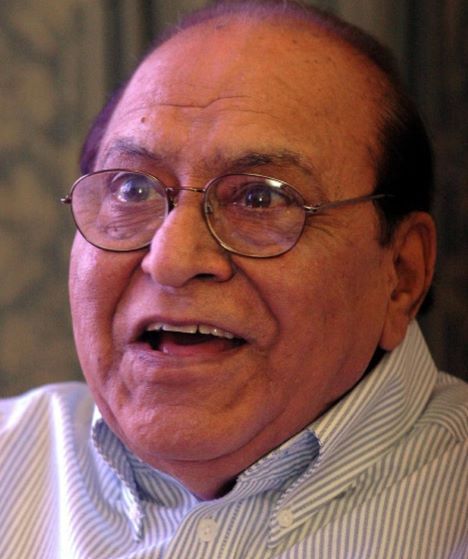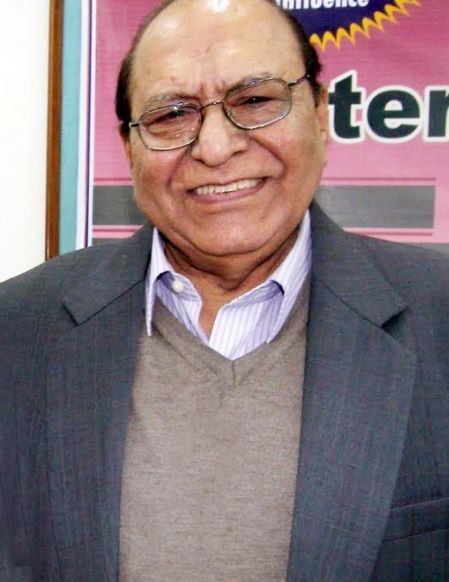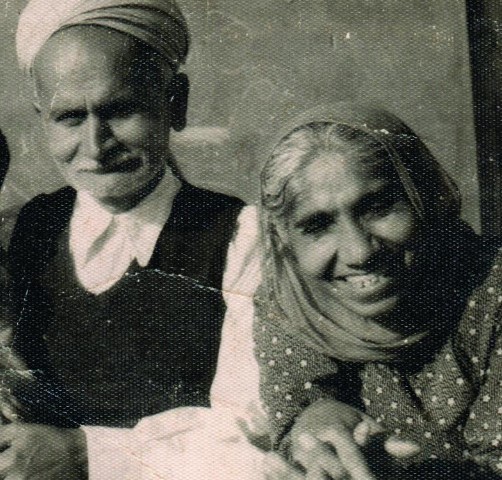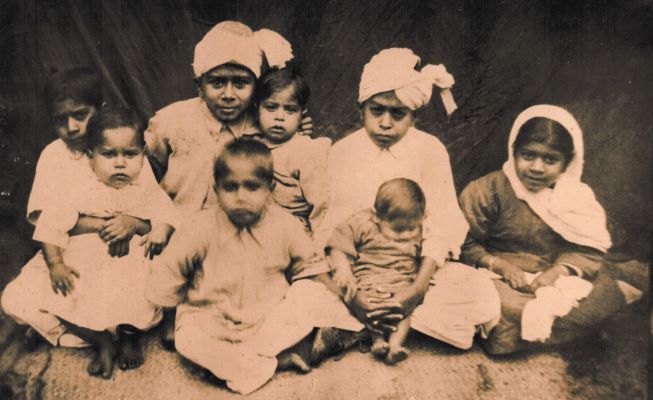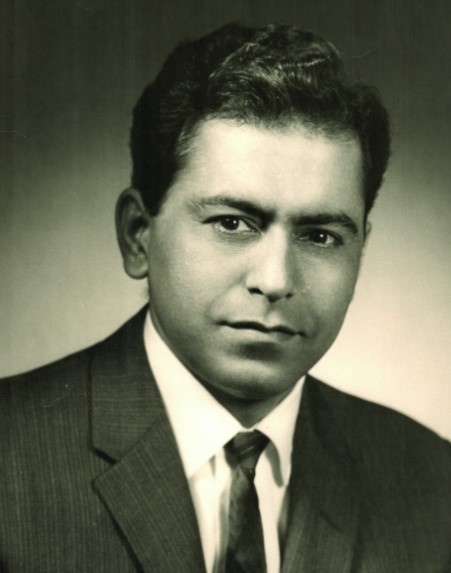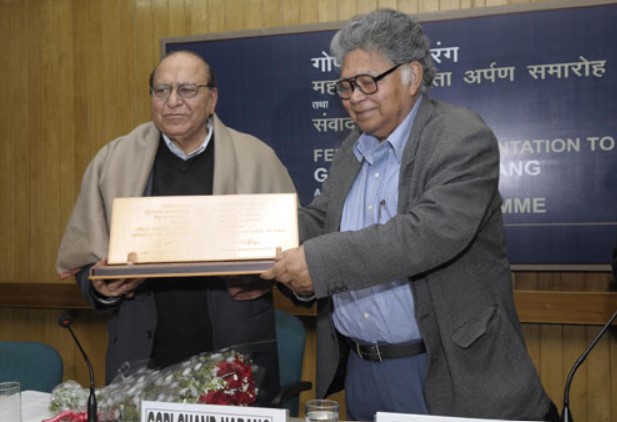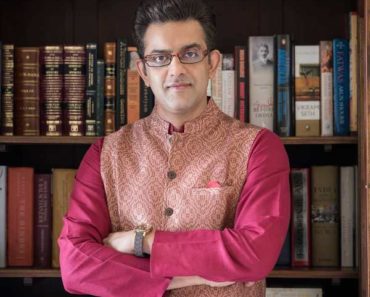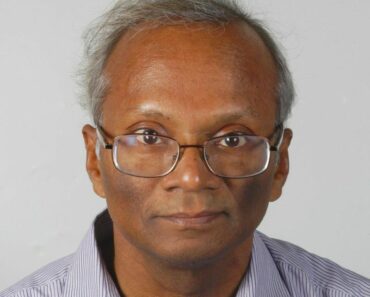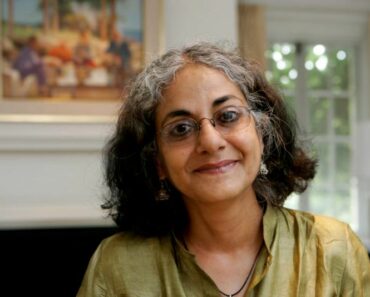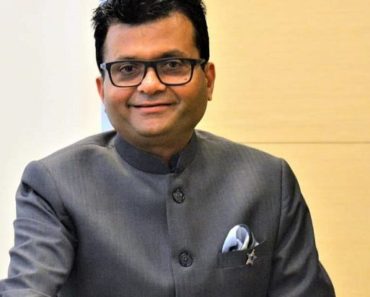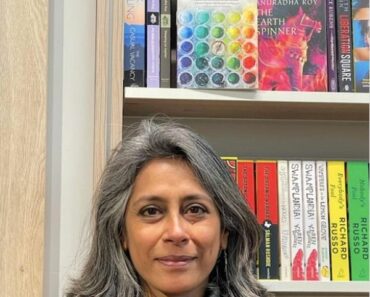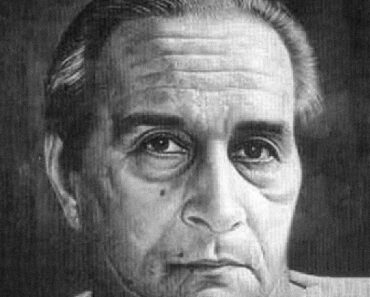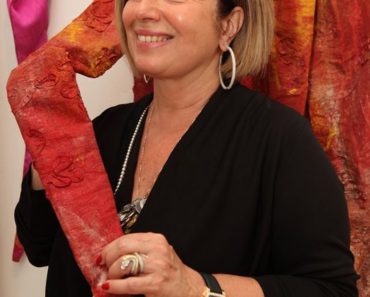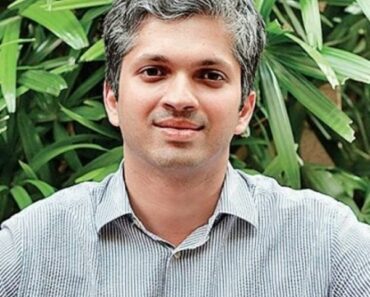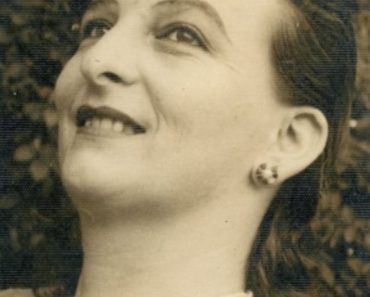Gopi Chand Narang (1931 – 2022) was an Indian theorist, literary critic, and scholar who published over sixty-five academic and critical books on language, literature, poetics and cultural studies. He wrote over twelve books in the English language, eight in the Hindi language, and more than 40 in the Urdu language.
Contents
Wiki/Biography
Gopi Chand Narang was born on Wednesday, 11 February 1931 (age 91 years; as of 2022) in Dukki, Baluchistan, British India (present-day Balochistan, Pakistan). His zodiac sign was Aquarius. In 1950, he earned a BA degree from the University of Delhi. In 1952, he completed his Master’s degree in Urdu from the University of Delhi. [1]Hindustan Times In 1958, Gopi Chand Narang earned a research fellowship (PhD) degree from the Ministry of Education. [2]The Punch Magazine He completed his Doctor of Letters degree from Aligarh Muslim University in 2009, Maulana Azad National Urdu University in 2008, and the Central University in Hyderabad in 2007.
Physical Appearance
Hair Colour: Salt and Pepper
Eye Colour: Black
Family
Gopi Chand Narang belonged to a Saraiki family. [3]The Punch Magazine
Parents & Siblings
His father’s name is Dharam Chand Narang (litterateur).
Gopi Chand Narang has four brothers named Yudhisthira, Jagdish Chander, Arjun, and BhimSen. The names of his two sisters are Bhagya and Shanti.
Wife & Children
Gopi Chand Narang’s wife’s name is Manorama Narang. The couple has two sons named Arun Narang and Tarun Narang who are both doctors in the US.
Adulthood
Gopi Chand Narang’s father, Dharam Chand Narang was a Persian and Sanskrit scholar. He was a litterateur who motivated Gopi Chand to study literature. He liked to read the books of authors Ratan Nath Sarshar, the poetry of Ghalib, and Iqbal at a very early age. The serious works and theology, Bhakti, and Sufism by authors like Dr Radhakrishanan and Dr Syed Abid Husain were also adored by Gopi Chand Narang.
Career
In 1957, Gopi Chand Narang started teaching Urdu literature at St. Stephen’s College in Delhi. and he taught there till 1958. He was then appointed as a visiting professor at the University of Wisconsin in 1963 and 1968. During the same time, at the University of Minnesota and the University of Oslo, he was teaching as a professor. At Jamia Millia Islamia University in New Delhi, Gopi Chand Narang began teaching as a professor in 1974. Narang received the President’s National Gold Medal from Pakistan for his works in Allama Iqbal in 1977. Thereafter, he served as a professor at the same university from 1986 to 1995. In 2005, he was designated as Professor Emeritus at Delhi University, and in 2013, Jamia Millia Islamia University appointed him as its Professor Emeritus. Gopi Chand Narang served as the vice-chairman of the Delhi Urdu Academy from 1996 to 1999. He was appointed as the vice-chairman of the National Council for Promotion of Urdu Language – HRD in 1998. From 1998 to 2002, he served as the vice-president of the Sahitya Akademi of the university. He served as the president of the Sahitya Akademi from 2003 to 2007. he was a resident of the Rockefeller Foundation Bellagio Center in Italy in 1997. At the Indira Gandhi National Centre for the Arts, he was an Indira Gandhi Memorial Fellow from 2002 to 2004. The Sahitya Akademi honoured him with the highest honour Fellowship to him in 2009.
Literary Works
In 1961, he published his first book titled Karkhandari Dialect of Delhi Urdu. Later, he released more than 60 books in Urdu, English, and Hindi languages.
Hindi Books
Some of his noted Hindi books are Pathakvadi Aalochana (1999), Urdu Kaise Likhen (2001), and Amir Khusrau: Hindvi Lok Kavya Sankalan ( 2021).
English Books
His popular English books include Faiz Ahmed Faiz: Thought Structure, Evolutionary Love and Aesthetic Sensibility (2019), The Urdu Ghazal: A Gift of India’s Composite Culture. (2020), and The Hidden Garden: Mir Taqi Mir (2021).
Urdu Books
His well-known Urdu editions include Kulliyaat-e Hindavi Amir Khusrau: Ma’e Tashriih o Tajziya Nuskha-e Berlin. (2017), Mashaher ke Khutoot Gopi Chand Narang Ke Naam. (2017), and Imlaa Naama Pakistani Edition. (2021).
Books on Gopi Chand Narang
Some other authors wrote books on Gopi Chand Narang. The names of some books include Fe. Seen. Ejaz, ed. 2004. Gopi Chand Narang (Regular Book Edition). Kolkatta: Insha Publications, Saifi Sironji. 2012. Maaba’ad-e Jadiidiyat aur Gopi Chand Narang. Sironj: Intisaab Publications, Jameel Akhtar. 2015. Zindagi Nama: Gopi Chand Narang. Delhi: Educational Publishing House, Zafar Sironji. 2022. Sadi ki Aankh Gopi Chand Narang. Sironj: Intisaab Publications, and Idris Ahmed. 2022. Prof. Gopi Chand Narang Adeeb-o-Daanishwar. New Delhi: Ghalib Institute.
Controversy
From 2003 to 2007, Gopi Chand Narang served as the president of the Sahitya Akademi, and during his tenure as a president, he was accused of corruption and controversial appointments in the National Academy. [4]Kitaab Later, an Indian author Rahmann Abbas published an article in which he condemned all the negative charges against Gopi Chand. The name of the article was ‘How author and critic Gopi Chand Narang survived a maligning campaign.’ In this article, Abbas narrated that Narang was targeted as he criticised the unrealistic modernism in Urdu in some of his writings. [5]Cafe Dissensus Everyday Abbas wrote,
Gopi Chand Narang was targeted for his criticism of unrealistic Modernism in Urdu. It was mere propaganda against him that cannot stand the literary scrutiny or any serious debate, those who tried to malign him had no understanding of his work or literary motifs.”
Awards, Honours, Achievements
In 1977, he received the President of Pakistan Gold Medal. In 1982, he was the winner of the Association of Asian Studies (Mid-Atlantic Region) Award. In 1985, he won the Ghalib Award. In 1987, he received the Canadian Academy of Urdu Language and Literature Award and the Amir Khusrow Award in Chicago. In 1995, he was conferred with the Sahitya Akademi Award and Urdu Markaz International Award.
In 1998, he was awarded Alami Farogh-e-Urdu Adab Award. In 2004, he was honoured with the Padma Bhushan. In 2005, he earned the European Urdu Writers Society Award and Mazzini Gold Medal in Italy. In 2010, he earned the Urdu Academy’s Bahadur Shah Zafar Award and Bharatiya Bhasha Parishad Award. In 2011, he was honoured with the Madhya Pradesh Iqbal Samman. In 2012. he received the President of Pakistan Sitara-e-Imtiyaz Award, the Bharatiya Jnanpith Moorti Devi Award, and the Moorti Devi Award. In 2021, he earned the Sir Syed Excellence National Award.
Death
On 15 June 2022, Gopi Chand Narang died in the U.S. at the age of 91 under natural circumstances. His death news was posted by his son on social media. [6]ABP Live
Facts/Trivia
- According to Gopi Chand Narang, he opted for Urdu as the main subject soon after he got admission to Delhi college. However, his father wanted him to become an engineer or a scientist and wanted him to opt for mathematics, physics or chemistry as his field of study, but Gopi Chand had a passion for literature.
- Hindustani Qisson se Makhooz Urdu Masnaviyan (1961), Urdu Ghazal aur Hindustani Zehn-o-Tehzeeb (2002) and Hindustan ki Tehreek-e-Azadi aur Urdu Shairi (2003) are some of his widespread literary works.
- His socio-cultural and historical study researches such as Amir Khusrow ka Hindavi Kalaam (1987), Saniha-e-Karbala bataur Sheri Isti’ara (1986), and Urdu Zabaan aur Lisaniyaat (2006) are popular across the globe.
- Gopi Chand Narang was criticised for duplicating some pieces of his Sahitya Akademi award-winning book ‘Sakhtiyat, Pas-Sakhtiyat aur Mashriqui Sheriyat (Structuralism, Post-Structuralism and Eastern Poetics)’ in 1995 from some secondary sources.
- In an interview with a media house, Gopi Chand Narang stated that after the partition of India, he relocated to Delhi from Balochistan on a Red Cross plane; however, the rest of his family reached Delhi later. He said that at that time he was feeling very lucky to board the plane along with his elder brother. He said,
At Partition, I was lucky that I was able to migrate to India in a Red Cross plane along with my elder brother in the midst of the Quetta holocaust of 1947. The rest of the family arrived later. I learned to live on my own in the alien city of Delhi.”
References
| ↑1 | Hindustan Times |
|---|---|
| ↑2, ↑3 | The Punch Magazine |
| ↑4 | Kitaab |
| ↑5 | Cafe Dissensus Everyday |
| ↑6 | ABP Live |

